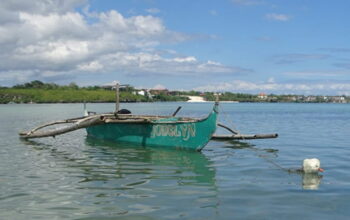CONSUMERS can finally pull collective sigh of relief as pump prices are expected to be on significant rollback across products, based on the calculation of the oil companies.
If reckoned on the four-day outcome of trading in the regional market, the estimated price cuts would be P0.70 to P1.10 per liter for gasoline, P0.80 to P1.20 per liter for diesel, and P0.75 to P1.15 per liter for kerosene products.
On the Mean of Platts Singapore (MOPS) reference, the calculated price reductions have been P1.00 per liter for gasoline, P1.129 per liter for diesel and P1.117 per liter for kerosene products.
Next week’s decline in oil prices at the pumps would finally bring cheers to consumers, following relentless spikes that strained their budgets in the past four weeks.
Prior to the forthcoming round of cost movements, a monitoring report of the Department of Energy (DOE) has shown that prices since the start of the year already posted net increases of P10.85 per liter for gasoline, P9.05 per liter for diesel and P2.35 per liter for kerosene products.
According to industry experts, prices in the world market had eased because the strike of hurricane Beryl in the oil-producing domains of the United States and Mexico had not resulted in any supply disruption.
Spot trading results last week had not been perturbed that much also by geopolitical tension in the Middle East or even the supply concerns precipitated by the continuing production cut thrust of the Organization of the Petroleum Exporting Countries and its ally-producers.
Nevertheless, as of Thursday (July 11) trading, prices globally have turned back into their escalation track due to renewed concerns of falling US inventory as well as its softer-than-expected inflation data.
International benchmark Brent crude climbed anew to the $85 per barrel level after dropping to $83 to 84 per barrel in the past trading days.
And as the pricing compass still swings in either direction, Filipino consumers are left with no choice but to shoulder the burden of these pricing volatilities due to the state of the country on importing almost all of all its oil requirements. (Myrna Velasco/ MB)



